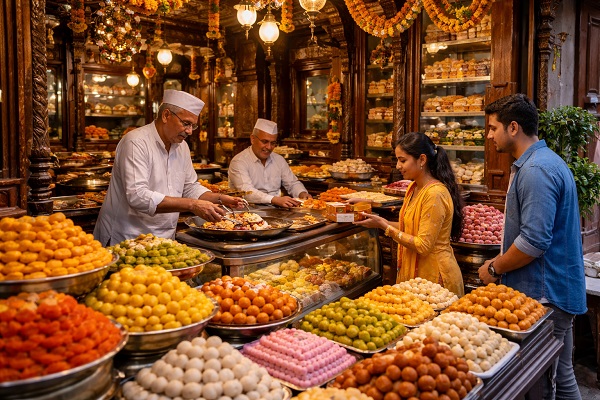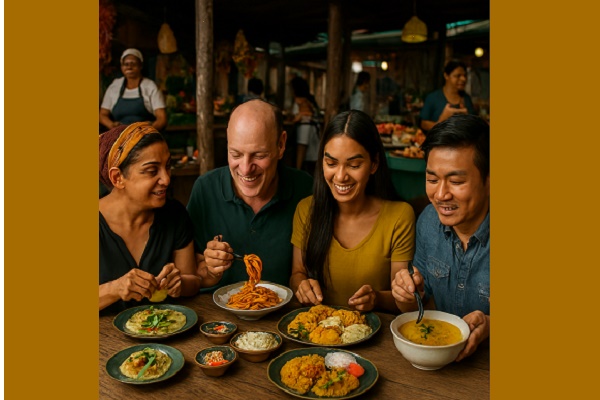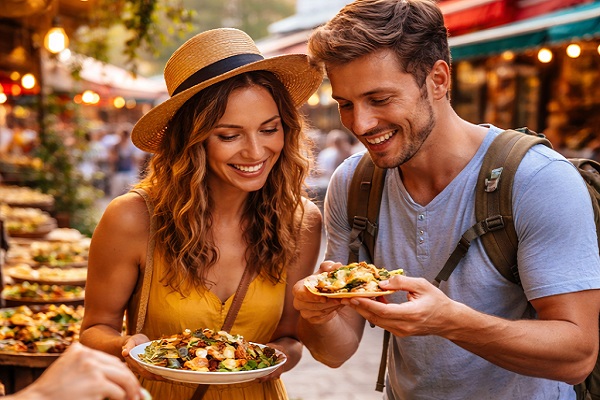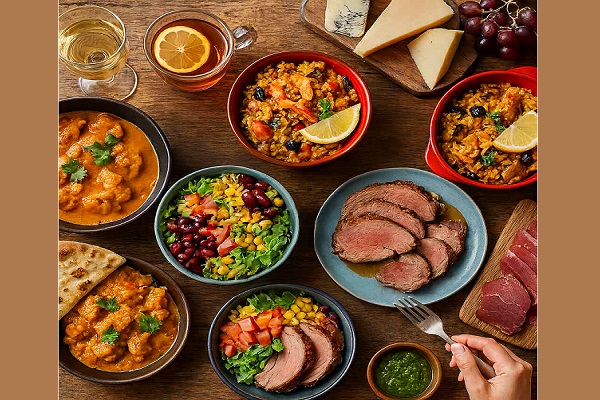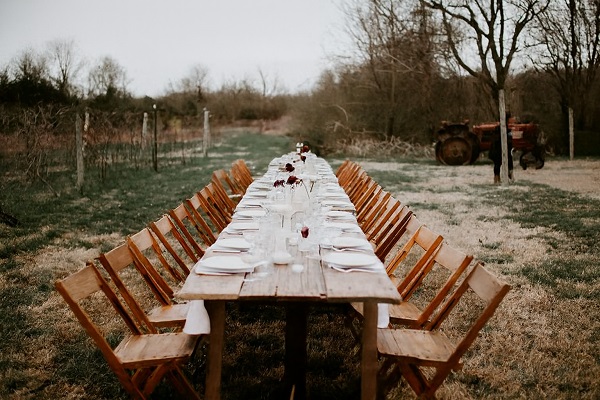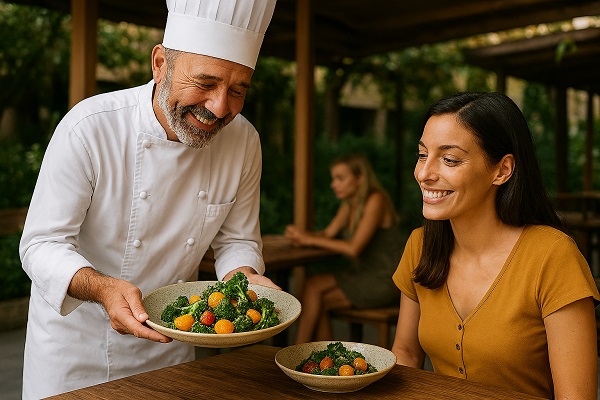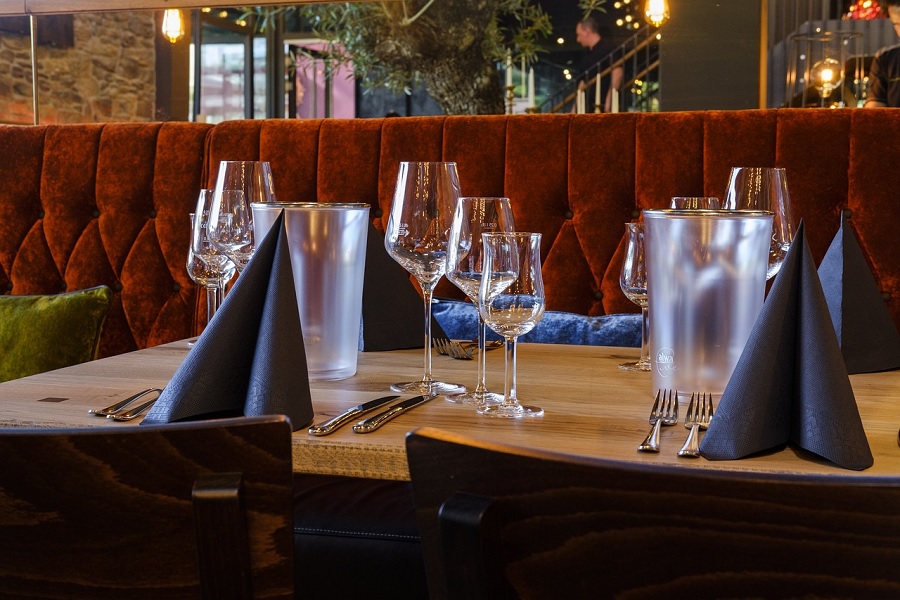A Taste of the World: How Food and Beverage Tourism Creates Cultural Connections

Food and beverage tourism, often referred to as culinary tourism or gastronomic tourism, is more than just eating and drinking while traveling—it’s a journey into the heart of a destination’s culture, history, and traditions. Every bite tells a story, and every sip carries centuries of heritage, making food experiences one of the most authentic ways to explore the world.
From savoring freshly baked pastries in a Parisian café to tasting spicy street food in Bangkok, food tourism immerses travelers in the local way of life. It allows them to connect with communities, learn about regional farming practices, and understand the significance of traditional cooking methods passed down through generations. The joy lies not only in tasting the dish but also in experiencing where it comes from—whether it’s a bustling market, a rural farm, or a family-run kitchen.
Beverage tourism is equally significant, encompassing wine tasting in the vineyards of France, coffee tours in the highlands of Colombia, or craft beer explorations in Belgium. These experiences offer insights into local agriculture, craftsmanship, and social customs. Sharing a drink often leads to conversations, friendships, and an even deeper appreciation of cultural identity.
In recent years, social media has amplified the appeal of food and beverage tourism. Platforms like Instagram and TikTok have turned unique dishes into global sensations, inspiring people to travel specifically to taste them. This trend benefits local economies, supports small-scale farmers and artisans, and encourages the preservation of traditional recipes.
However, food and beverage tourism also requires mindfulness. Sustainable travel practices—such as supporting local producers, minimizing food waste, and respecting cultural dining etiquette—ensure that these culinary treasures remain intact for future generations.
In essence, food and beverage tourism is not just about what’s on the plate or in the glass—it’s about connection. It bridges cultures, strengthens communities, and creates memories that linger far beyond the last bite. Whether it’s a warm bowl of soup in a snowy mountain village or a refreshing tropical drink on a sunny beach, these moments turn travel into a feast for both the senses and the soul.

















